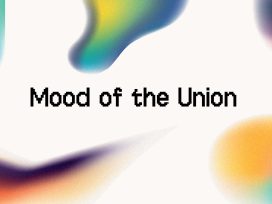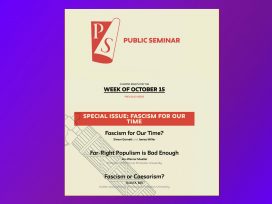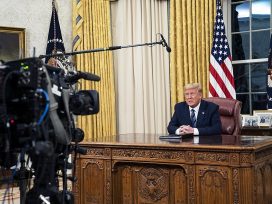17 articles

Is the term ‘fascism’ applicable to an authoritarian politician like Trump? Does the label ‘anti-fascist’ gloss over crucial controversies surrounding the term? And is Weimar a useful comparison when thinking about anti-democratic tendencies in the US, in the EU and globally?
The focal point ‘Fascism for our time’ is a collaboration between Eurozine and our US-based associate Public Seminar. Read the full editorial here.

The success of the French Popular Front lay in its ability to form a broad coalition on the left and to reach strata of the population traditionally ignored by communist parties. This is a lesson that antifascists today could do well to learn.

Is it accurate historically to apply the term ‘fascism’ to America under Trump? And is to do so strategically astute? A special issue of ‘Public Seminar’ weighs in on the debate over the f-word. With contributions from Jan-Werner Müller, David Bell, Natasha Lennard and more.

Does ‘counter-violence’ damage the antifascist cause? Or is it delusory to talk about non-violence in the face of an opponent with no such scruples? Natasha Lennard explains to James Miller why antifascism rejects debate as an effective response to the fascist threat.

‘Fascism’ has entered America’s political lexicon as way to understand and oppose the rise of the far-right. Trump’s polemics against the left have also propelled the label ‘antifascism’ into the mainstream. But are we really seeing a US fascism? What baggage does the concept of ‘antifascism’ carry? And what are we doing when we invoke Weimar?

There are various reasons why it is politically expedient to call Trump a fascist, but doing so clouds our judgement about the kind of authoritarianism he represents. Trump’s encouragement of ethnic antagonism is typical of far-right populism globally and will endure in the US beyond his presidency.

Controversies over whether there has ever been a true antifascism are ultimately irresolvable. Understanding the varieties of Soviet and post-Soviet antifascism can de-parochialize this debate and add to a conversation appropriate to the global challenge of authoritarian ultra-nationalism.

Analogies between the US and Weimar Germany ignore that democratic backsliding under Trump is not the reversion to an illiberal norm. To call Trump a fascist is equally unhistorical: if there is a comparison, then it is with Europe’s rightwing populists. But is factual accuracy even the point when it comes to the discourse of antifascism?
That modern liberal democracies can cancel themselves is an inevitable possibility. But to reduce politics to a battle between the defenders and the opponents of ‘true democracy’ is to turn pluralism into its opposite.
Warnings about resurgent fascism are not entirely unjustified. And yet they can still blind us to the political dangers we are now facing. It is Napoleon, not Hitler, who exemplifies an enduring threat to modern democracies, argues historian of modern France David A. Bell.



